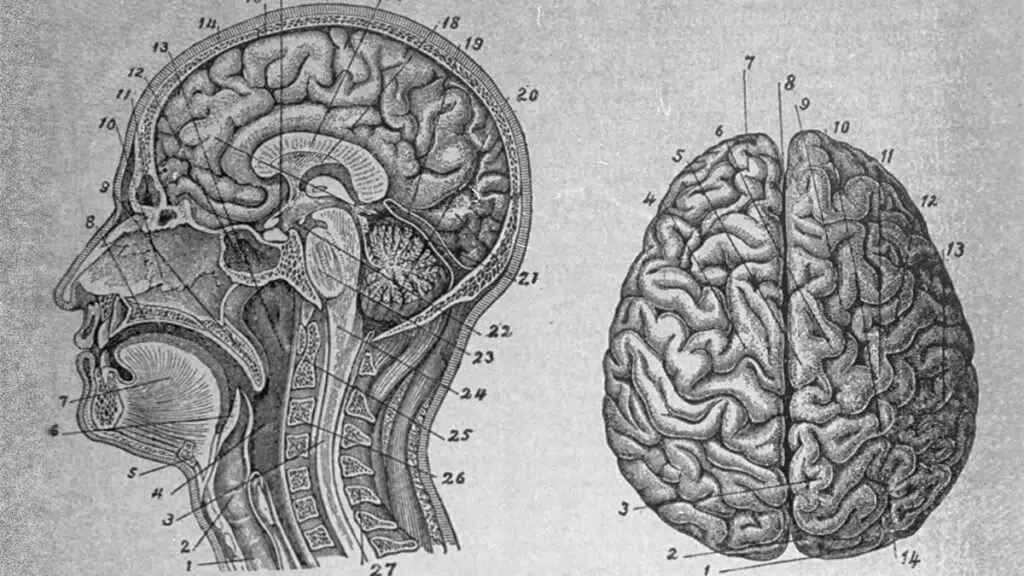
The Brains of Lonely People Process the World Differently
The brains of lonely individuals respond to video stimuli in unique ways dissimilar from their peers, while the brains of less lonely people respond similarly to others’, suggesting that lonely individuals may process the world differently, which could exacerbate or even trigger their loneliness. This finding was recently published in the journal Psychological Science.
Loneliness on the brain
Elisa Baek, an assistant professor of psychology at the University of Southern California-Dornsife, led the investigation when she was a postdoctoral fellow at UCLA. She and her colleagues utilized functional magnetic resonance imaging (fMRI) to record the brains of college students as they watched a collection of 14 short videos during a 90-minute session. The videos included highlights from sporting events, clips from documentaries, and emotional depictions of human life, and 66 students participated. After undergoing the lengthy scans, they subsequently completed an extensive questionnaire intended to gauge how lonely they feel.
As Psychology Today defines, “loneliness is the state of distress or discomfort that results when one perceives a gap between one’s desires for social connection and actual experiences of it.”
Baek and her co-authors then divided the students into “lonely” and “non-lonely” groups, determined by their scores from the survey. Students who had a loneliness score below the median were categorized as lonely, while those who scored above were considered non-lonely. The researchers then conducted a thorough statistical analysis in which each individual’s brain imaging results were compared to every other individual’s. They found that the more lonely a person was, the more distinct their brain imaging results were compared to those of the other volunteers.
Each lonely person is lonely in their own way
“We found that non-lonely individuals were very similar to each other in their neural responses, whereas lonely individuals were remarkably dissimilar to each other and to their non-lonely peers,” the researchers summarized. The results held even when controlling for the number of friends each participant reported, reaffirming prior research showing that anyone can be lonely regardless of their social connections.
“We conclude that lonely people may view the world in a way that is different from their peers. These findings raise the possibility that being surrounded predominantly by people who view the world differently from oneself may be a risk factor for loneliness (even if one socializes regularly with them),” the researchers wrote.
This could factor in to why people tend to silo themselves within friend groups and communities which share their views, a near universal trend that plays out in our online lives as well, often in a more extreme manner.
Baek and her co-authors also noted that lonely individuals had blunted brain responses in subcortical regions linked to the reward system. “Therefore, one possibility is that lonely individuals do not find value in the same aspects of situations or scenes as their peers, perhaps because of differences in their preferences, expectations, and/or memories that can in turn shape how they attend to and interpret stimuli,” they speculated.
In 2020, researchers from McGill University published a study on 40,000 people taking part in the UK’s Biobank, finding that the brains of lonely individuals showed differences in the default network, an area responsible for memories, as well as social cognition and imagination. Their default networks were wired more strongly and had increased amounts of tissue called grey matter relative to less lonely individuals.
Cause or effect — or both?
A key question left unresolved in the present research is whether the unique brain processing observed in lonely individuals is a cause or an effect of their feelings of disconnection. A long-term study in which participants come in to the lab for repeated scans over months or even years could provide an answer.
Of late, media reports have drawn attention to surveys showing that up to 60% of Americans say they feel lonely on a regular basis, wondering if a “loneliness epidemic” is afoot, potentially endangering our health. As usual, social media has taken some blame here, with experts opining that regularly viewing others’ highly curated adventures can leave us feeling increasingly left out and lonely.
This article was first published at Big Think.
This article was originally published by RealClearScience and made available via RealClearWire.



